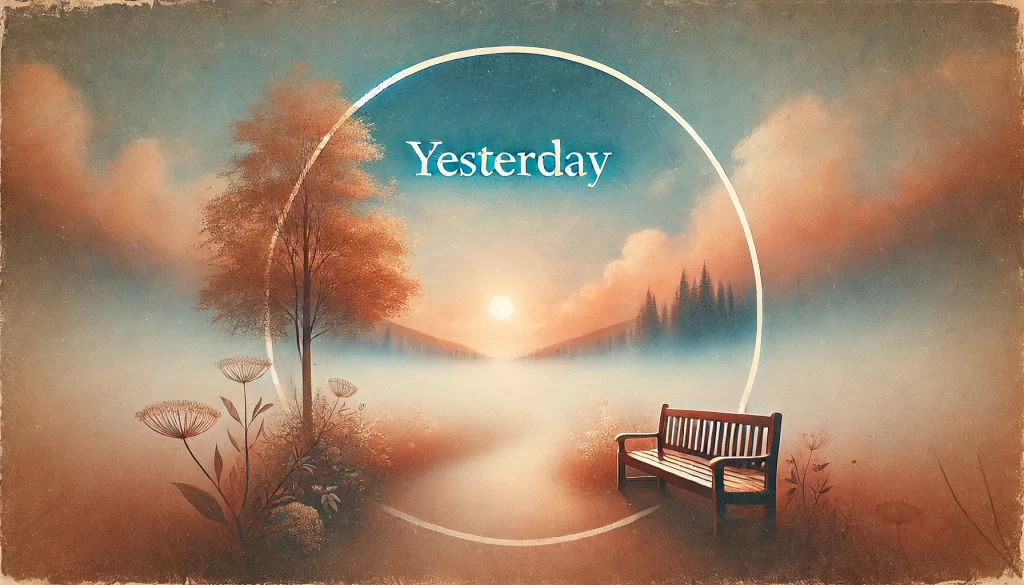
There’s an old saying we’ve all heard: “Holding onto anger is like drinking poison and expecting the other person to die.” Simple, yet it holds one of the deepest truths of the human experience. Resentment, anger, bitterness – these emotions don’t just pass through us; they settle in, slowly building a cage around us, keeping us trapped in moments that should have no bearing on our future.
What we choose to carry shapes who we become. If we cling to every slight, every disappointment, every moment that didn’t go our way, we’re not just filling our minds with clutter – we’re actively building the walls that limit our potential. Think about it: how many times has a moment of frustration seeped into your day, overshadowing the good right in front of you? How often have you replayed a negative interaction or an argument long after it was over, only to realize it stole your time, your energy—maybe even days from your life? These seemingly small instances have a way of expanding in our minds, filling space they have no right to occupy.
But the thing is, we choose to hold onto them. We choose to replay the negativity, to ruminate on what went wrong instead of what could go right. And while it’s human to feel anger or disappointment, it’s also entirely within our power to release it. The ability to forgive, to forget, to let go and move on – it’s one of the greatest acts of self-liberation we can offer ourselves. It’s not about excusing others or pretending we weren’t hurt. It’s about freeing ourselves from the burden of that hurt, that anger, that disappointment.
Living under the shadow of negativity denies us the space to experience the fullness of life. It’s like locking a room in your house and never letting the light in. Over time, the air grows stale, and that staleness begins to creep into the rest of the house. Anger and resentment are like that – if left unchecked, they spread, affecting our perceptions, our relationships, even how we view ourselves.
In the world of management and leadership, there’s a lot of talk about agility – the ability to pivot, to adapt quickly to changing circumstances. This same agility is just as important in our personal lives. If we cling to past grievances, we become rigid, reactive, unable to adapt. The most resilient leaders – and, frankly, the most resilient people – are those who can process, reflect, and then let go. They don’t waste time fixating on what could have been or should have been. Instead, they direct their energy toward what still can be.
Resentment is a mental tax. And like any tax, it drains us – of time, energy, creativity, and joy. Just imagine: what could you accomplish if you weren’t weighed down by grudges or disappointments? What clarity could you gain if your mind weren’t occupied by the past? Forgiving, forgetting, and moving on isn’t just about achieving personal peace – it’s about unlocking your potential. When we free ourselves from the emotional weight of the past, we make room for new opportunities, deeper connections, and a life lived with purpose.
Because here’s the truth: living in resentment robs us of the chance to live fully in the present. The legacy we leave behind isn’t built from moments spent stewing in anger or replaying old grievances. It’s built from the joy, love, and purpose we bring to each day. It’s in our ability to rise above the noise of the past and focus on what truly matters.
At the core of it all is this: life is too short to live under the weight of negativity. We may not control what happens to us, but we absolutely control how we respond. We can choose to hold onto the hurt, or we can choose to let it go. And in letting go, we reclaim not only our peace of mind but also our potential for joy and success.
To forgive isn’t weakness. It’s strength. It requires humility, sure, but it also requires a deep sense of self-worth. Forgiving says, “I refuse to let this define me. I refuse to let this steal my joy.” Forgetting isn’t about erasing the past – it’s about refusing to let it occupy space in your present. And moving on? It’s about action. It’s about taking the next step, no matter how small, and choosing to live fully in the here and now.
So, what are you still holding onto? Is it really worth the price you’re paying in peace, happiness, or potential? Chances are, it’s not. Whatever anger or disappointment you’re clinging to, it doesn’t matter in the grand scheme of your life or your purpose.
Let it go. Forgive. Forget. Move on. And in doing so, watch how you begin to reclaim your joy, your peace, and your ability to build the future you deserve. Life is too short to carry the weight of yesterday, and the world is too full of possibilities to be tethered to the past.